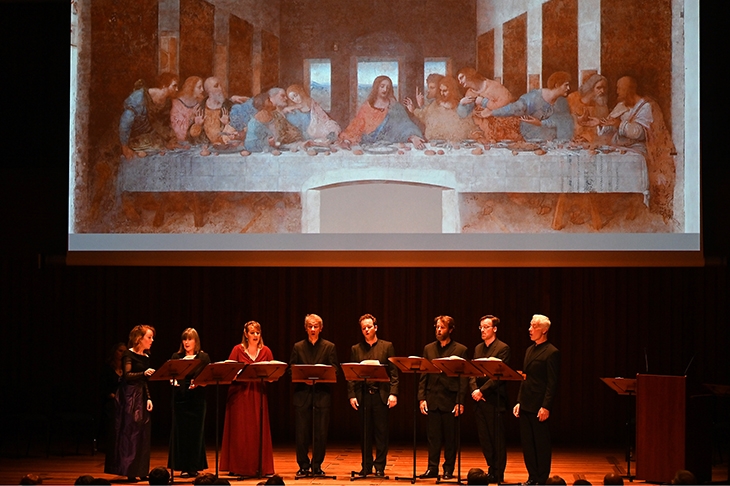We’ve all read the article. It does the rounds with the dispiriting regularity of an unwanted dish on a sushi train. Classical concerts are dying and if they are to survive they need to evolve, to innovate, to banish (variously) seating, silence, dress codes (for musicians), dress codes (for audience), programme notes, formal venues… But among so much institutional hand-wringing and professional self-loathing I’d like to take a moment to celebrate one classical tribe getting innovation exactly right: period music groups.

Disagree with half of it, enjoy reading all of it
TRY A MONTH FREE
Our magazine articles are for subscribers only. Try a month of Britain’s best writing, absolutely free.
Already a subscriber? Log in






Comments
Join the debate, free for a month
Be part of the conversation with other Spectator readers by getting your first month free.
UNLOCK ACCESS Try a month freeAlready a subscriber? Log in